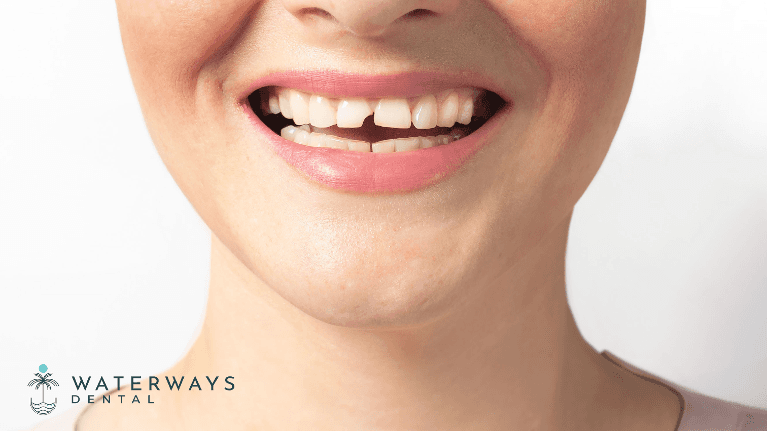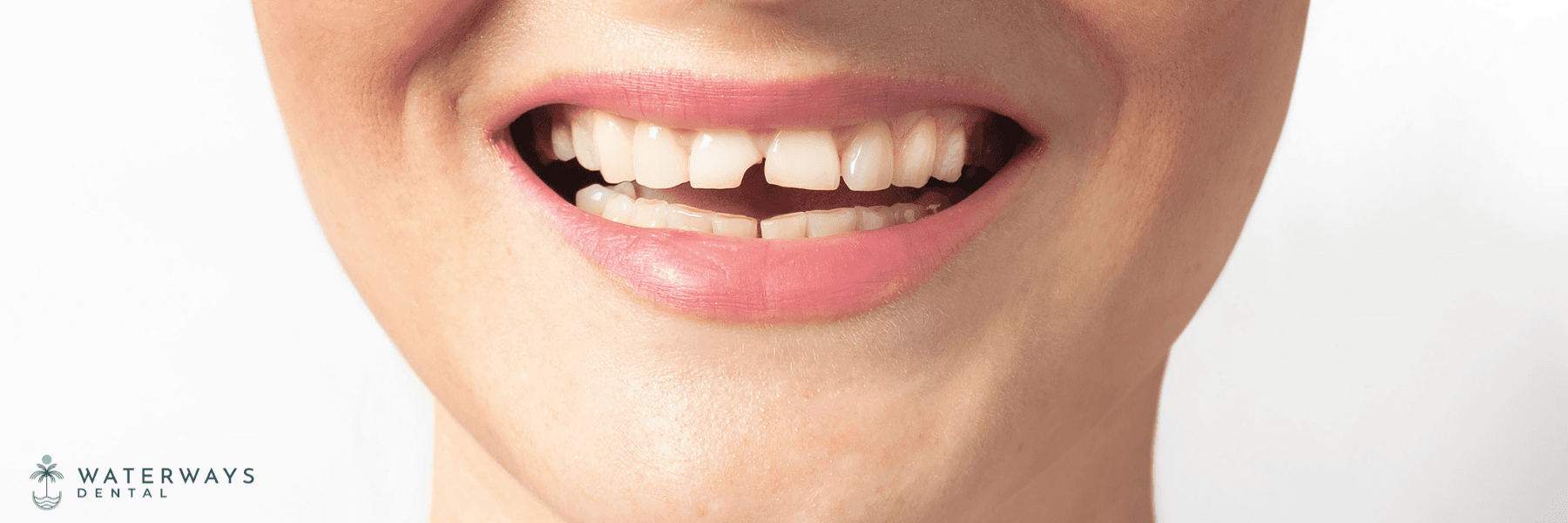
Most people understand the value of regular brushing and flossing in maintaining good oral health. However, what’s often overlooked are the small, everyday habits that can gradually harm your teeth and gums over time. These behaviours may seem minor—or even beneficial—but they can contribute to enamel erosion, gum recession, tooth sensitivity, and other long-term dental issues. In this article, we highlight five common habits that could be negatively affecting your oral health without you even realising it.
1. Using Your Teeth as Tools
It might seem convenient to use your teeth to open a stubborn packet, twist off a bottle cap, or—especially for many women—separate bobby pins while styling hair. But these actions can place excessive pressure on your teeth, increasing the risk of cracks, chips, enamel wear, and even damage to dental restorations like fillings or veneers.
Tip: Keep the right tools within reach—scissors for packaging, your hands for hair accessories, and always reserve your teeth for chewing food only.
2. Chewing Ice or Hard Objects
Chewing on hard, non-food items—like ice, pens, pencils, or even your own fingernails—might seem like a harmless habit or a way to relieve stress, but it can lead to significant dental damage. Ice, in particular, is hard enough to crack or fracture teeth, damage fillings or crowns, and wear down enamel over time. Similarly, repetitive chewing on pens or nails can cause uneven wear on the teeth and increase the risk of jaw strain or alignment issues.
These habits can also introduce harmful bacteria into your mouth, contributing to gum irritation or infection.
Tip: If you tend to chew when you're bored or anxious, consider switching to sugar-free chewing gum. Not only does it satisfy the urge to chew, but it also promotes saliva production, which helps neutralise acids, wash away food particles, and support overall oral health.
3. Overbrushing or Brushing Too Hard
Many people assume that brushing with extra force leads to a deeper clean—but in reality, brushing too hard can be damaging. Over time, aggressive brushing can wear down the protective enamel layer of your teeth and contribute to gum recession, exposing the sensitive roots beneath. This not only increases the risk of tooth sensitivity but also makes your teeth more vulnerable to decay and damage.
The problem is often made worse by using a hard-bristled toothbrush or brushing in a harsh, back-and-forth motion.
Tip: Opt for a soft-bristled toothbrush and use gentle, circular motions when brushing. Hold the brush like a pencil—this helps reduce pressure and allows for more controlled, effective cleaning that’s kinder to your teeth and gums.
4. Sipping on Sugary or Acidic Drinks Throughout the Day
It's not just what you drink, but how often you drink it that can affect your oral health. Sipping sugary or acidic beverages—such as soft drinks, fruit juices, flavoured water, or even sports drinks—throughout the day bathes your teeth in sugar and acid, providing a constant food source for cavity-causing bacteria. This leads to acid attacks on the enamel, weakening it over time and increasing the risk of tooth decay and sensitivity.
Even “healthy” drinks like lemon water or kombucha can be surprisingly acidic and harmful to enamel when consumed frequently.
Tip: Limit sugary or acidic drinks to mealtimes, and avoid prolonged sipping. Rinse your mouth with water afterward, and consider using a straw to minimise contact with your teeth. Drinking plenty of plain water throughout the day also helps maintain saliva flow and wash away harmful acids.
5. Grinding or Clenching Your Teeth (Often While You Sleep)
Teeth grinding—also known as bruxism—is a common condition that often occurs unconsciously during sleep or in times of stress. Over time, grinding or clenching can wear down the surfaces of your teeth, cause chips or cracks, and strain the muscles and joints of your jaw. You might not even realise you're doing it until symptoms like jaw soreness, morning headaches, or tooth sensitivity appear.
Left untreated, bruxism can lead to long-term damage and even require restorative dental treatment.
Tip: If you suspect you grind your teeth, speak to your dentist. A custom-made night guard can protect your teeth while you sleep and reduce the strain on your jaw. Stress management techniques—such as exercise, mindfulness, or relaxation therapy—can also help reduce daytime clenching.
Conclusion
Maintaining a healthy smile involves more than just brushing and flossing—it's also about recognising and breaking everyday habits that may be silently damaging your teeth. From using your teeth as tools to sipping acidic drinks or grinding at night, these behaviours can have lasting effects on your oral health if left unchecked.
The good news is that most of these habits are easy to correct once you’re aware of them. If you’re unsure whether your daily routines are putting your smile at risk, our team at Waterways Dental is here to help. A comprehensive dental check-up can identify early signs of damage and give you personalised guidance to protect your teeth for the long term.
Book your appointment today with either Dr Luiza Pasqual or Dr John Gorman and let’s keep your smile strong, healthy, and beautiful—every day.
